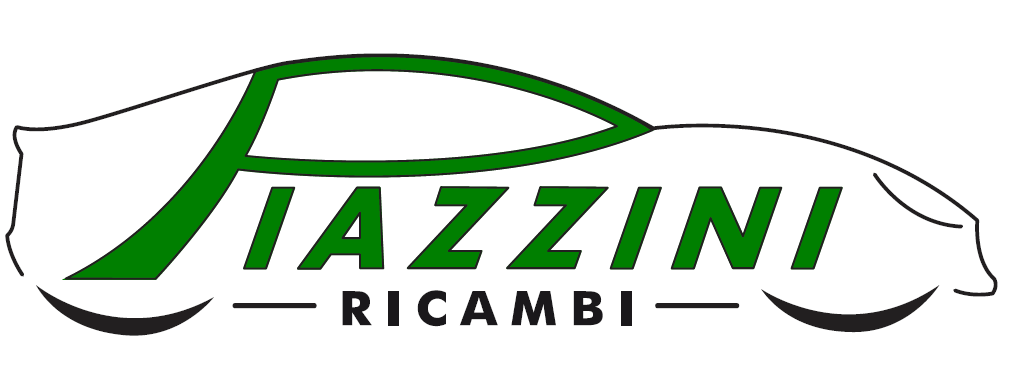

Business accounting software is a credit card applicatoin that paths and deals with the everyday financial financial transactions of an firm. It reports and evaluates a industry’s assets, liabilities, earnings, expenses, accounts payable, accounts receivable, subledger accounting, and confirming. It also helps CFOs, remotes, treasurers, and accountants handle processes and deliver correct information to stakeholders. Accounting systems could be deployed on-premises, as software-as-a-service (SaaS), or perhaps both. You will find generic accounting packages just like Intuit QuickBooks, as well as offerings from Microsoft, SAP, and Oracle that cater to the first needs of large enterprises.
A few of the key popular features of an accounting system involve invoice creation, payment syncing, bank and credit card syncing, online payments from clients, project control functionalities, and automated data gain access to. These are necessary for preparing earnings and damage statements and also other business effectiveness metrics. Some of the software solutions include built-in equipment to help with compliance and tax filing.
The best accounting system should also have the ability to track inventory. This allows users to record item data, create sales orders, and convert these in invoices following approval. They will also placed reorder amounts to receive automatic notifications when ever share is low, so that they do not ever run out of things.
In addition to basic accounting features, some securemydataroom.com accounting software provides more advanced capabilities such as FIFO and LIFO products on hand reporting, point-of-sale integration, multicurrency transaction saving, and group management. Moreover, it should be simple to operate and offer custom dashboards for different departments inside an organization. Accounting software with mobile apps is also helpful to employees who all are on the go. Lastly, it should be safeguarded to protect hypersensitive data.
Info sull'autore